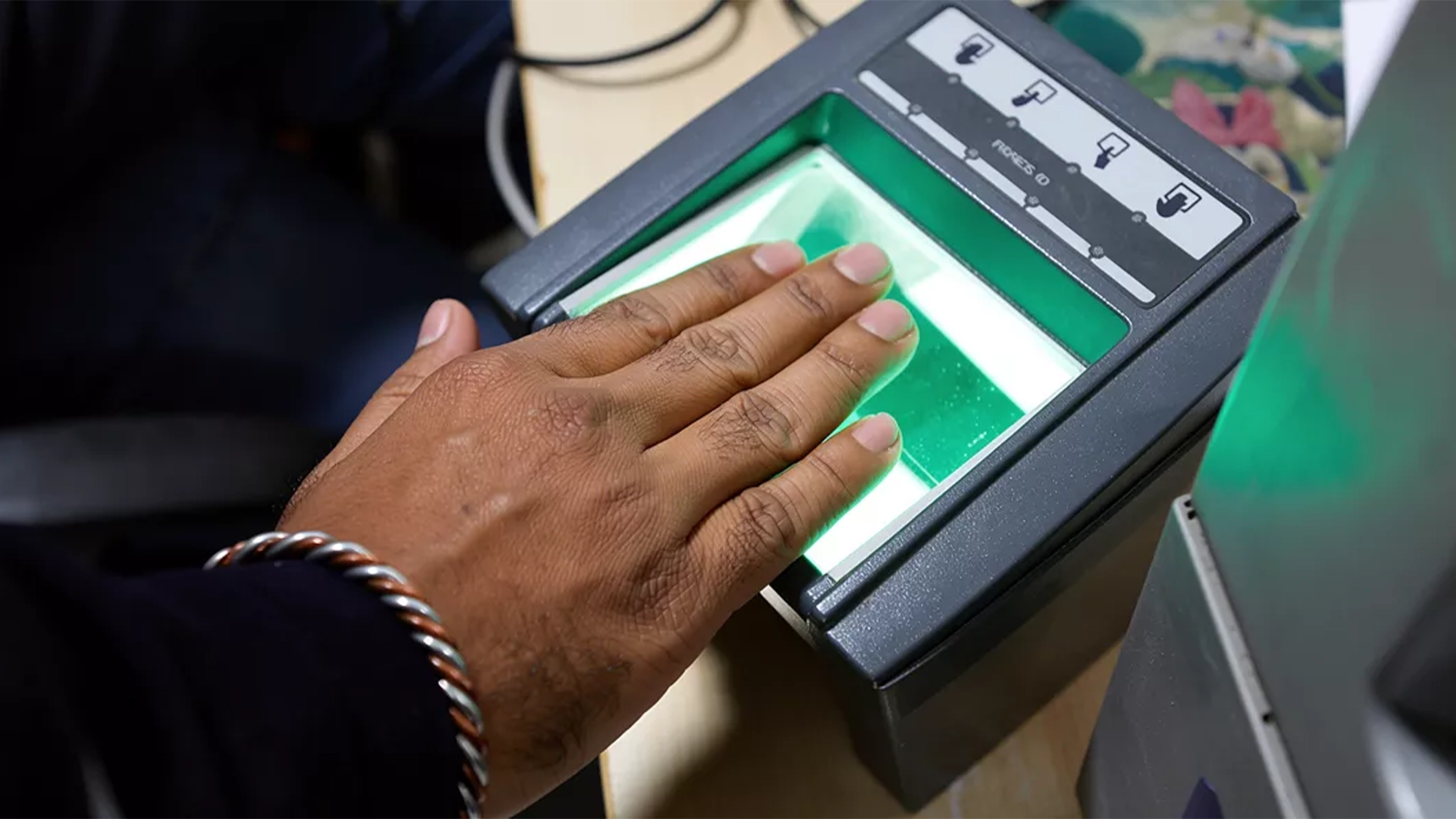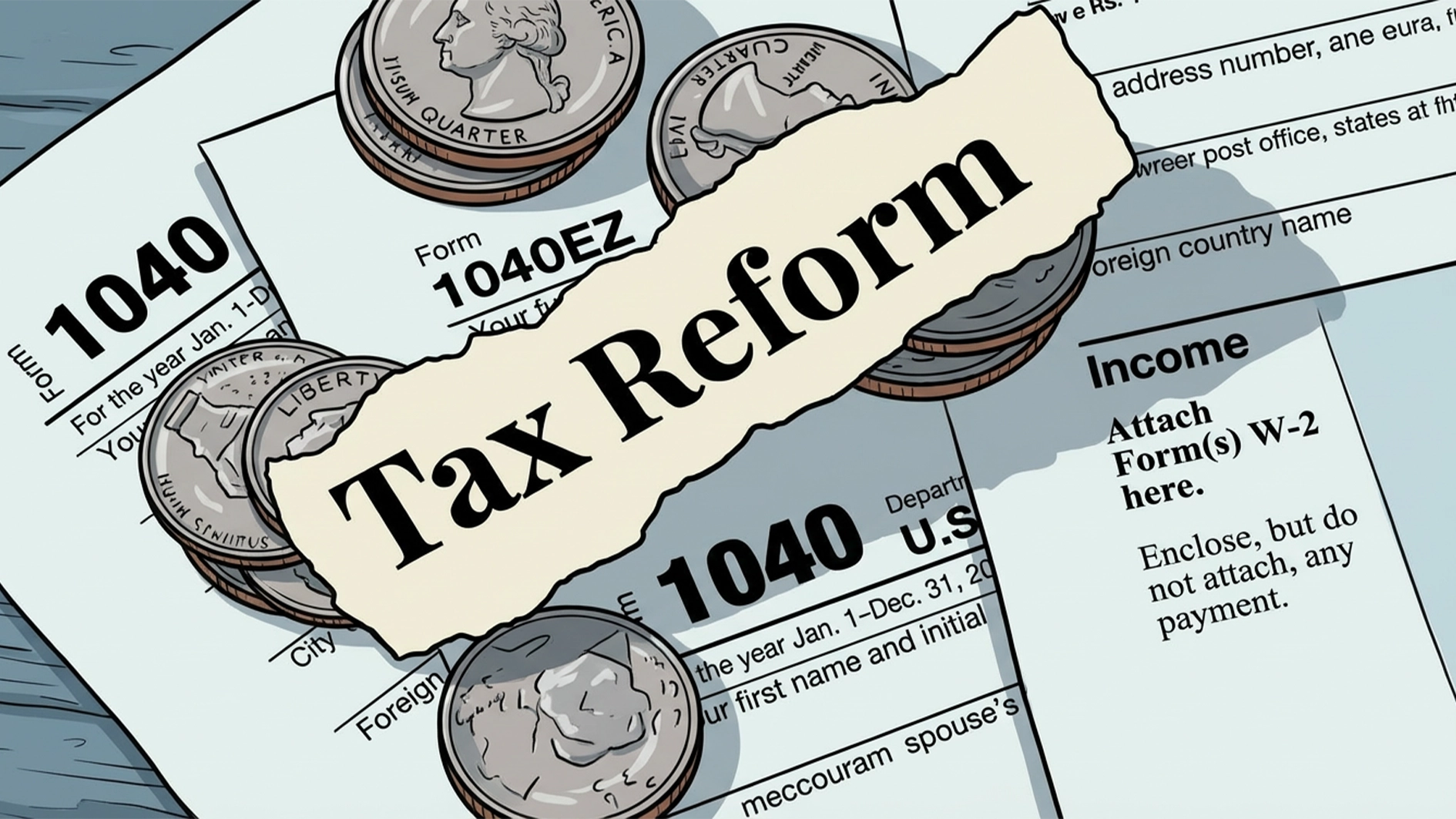
The negative impact of the currency crisis on the stock market has continued to impact foreign investors’ apathy for stocks as participation from domestic investors accounts for 84 per cent of transactions at the Nigerian Exchange Limited (NGX) this year.
Despite rising inflation, uncertainty, hardship and other macroeconomic challenges, local investors have continued to jostle for stocks with an eye on improved earnings and dividend payout in 2024 full-year earnings.
However, foreign participation has waned in the past few years due to the foreign exchange (FX) crisis and insecurity.According to the November edition of the Domestic and Foreign Portfolio Investment Report of NGX, total domestic transactions accounted for about 89 per cent of the total transactions carried out in 2023, whilst foreign transactions accounted for about 11 per cent of the total transactions in the same period.
The transaction data for 2024 shows that total domestic transactions hit N4.1 trillion (84 per cent), whilst total foreign transactions constituted N785.2 billion or 16 per cent of the activities.
Operators noted that Nigeria has faced persistent challenges in providing adequate foreign currency for the repatriation of funds. According to them, this has discouraged foreign investors who fear being unable to convert their investments back into hard currency.
They also stated that concerns about Nigeria’s ability to sustain growth in the face of global economic pressures also deter investors’ confidence in the Nigerian market.
President of the NewDimension Shareholders Association of Nigeria, Patrick Ajudua, said foreign investors are taking advantage of new economic prospects in some global markets rather than continue to lament the effect of devaluation of naira on their investments.
“If you watch the way multinationals are exiting the Nigeria market, it is as a result of opportunities in the business environment, especially in the areas of improve tax cut, stabilisation of currency, liberalisation of trade & low interest rate in the global market.”
Therefore, rebuilding foreign investor confidence in the Nigerian exchange will likely require addressing currency challenges, improving macroeconomic conditions, and creating a more transparent and investor-friendly regulatory environment.
These reforms would make the market more attractive and competitive globally.President of the Ibadan zone Shareholders Association of Nigeria, Eric Akinduro, said: “With some measures this present government is putting together, the market will soon reflect the real prices.
“It is good that domestic participation outweighs foreigners because domestic participation is more durable and long term which is exactly what the market needs for stability. Domestic investors are positioning for good returns.”
A breakdown of the report showed that total transactions at the nation’s bourse decreased by 12 per cent from N502.7 billion (about $300.05 million) in October 2024 to N442.3 billion (about $265.93 million) in November 2024.






